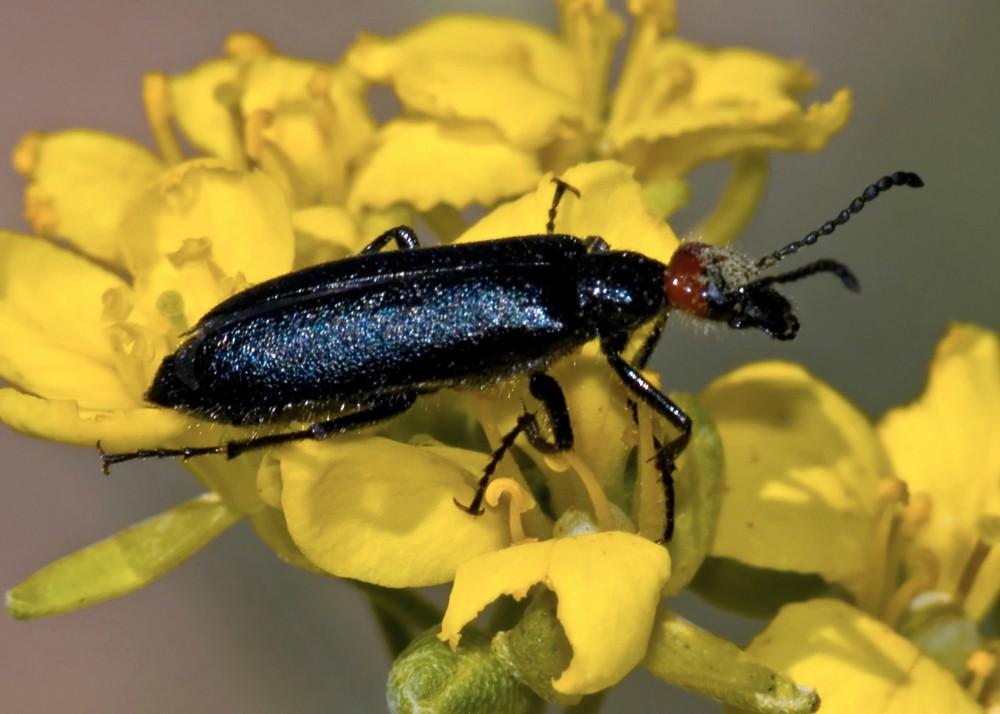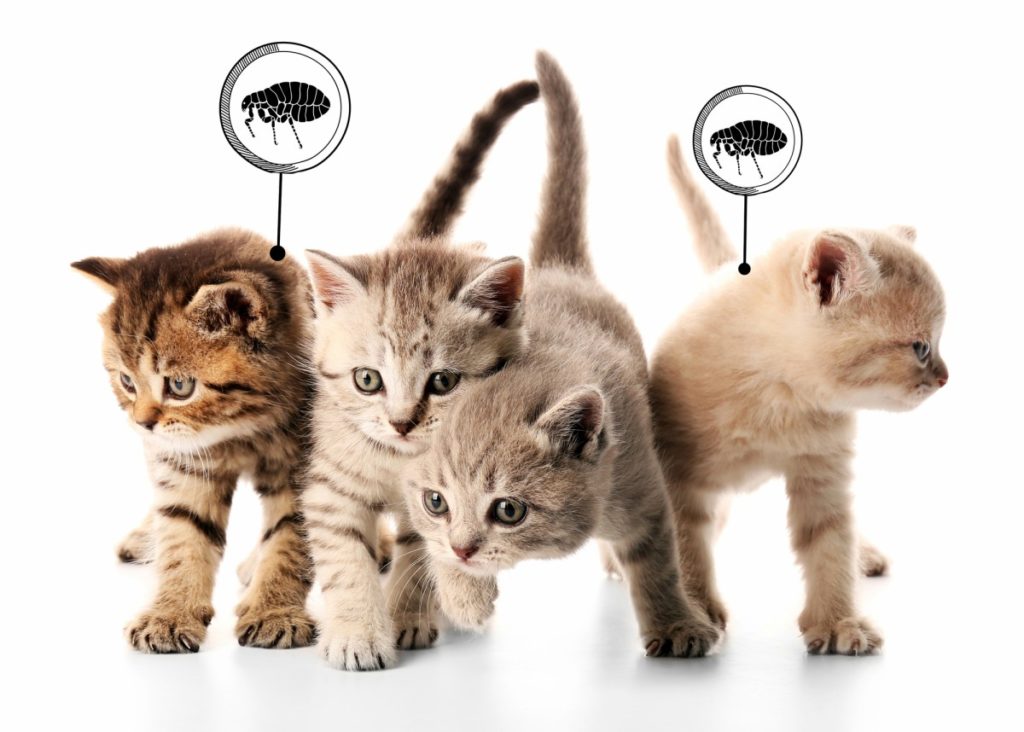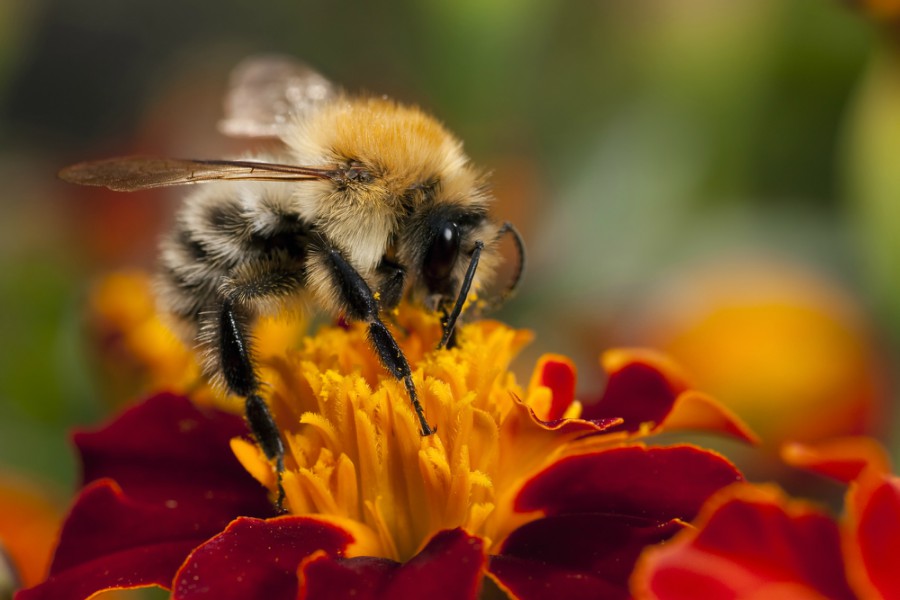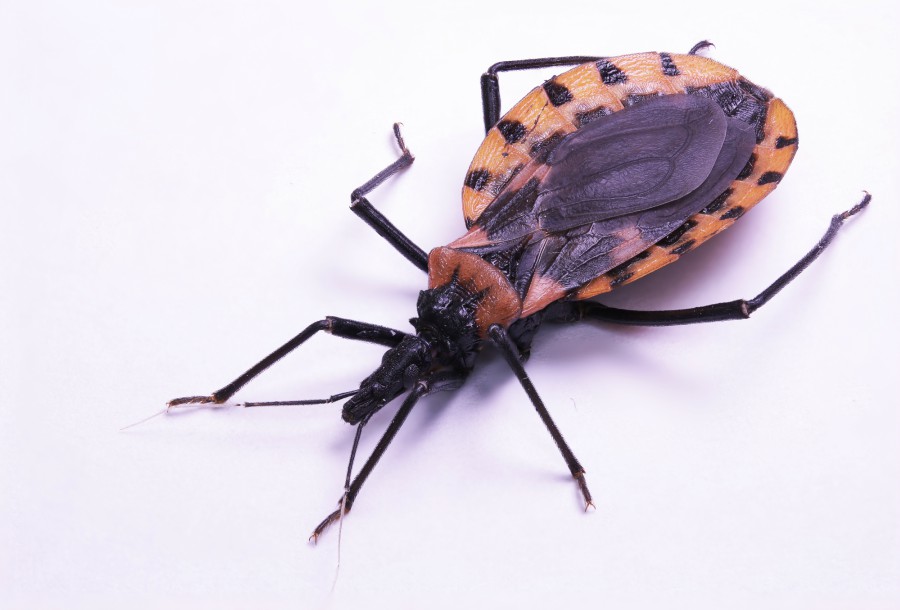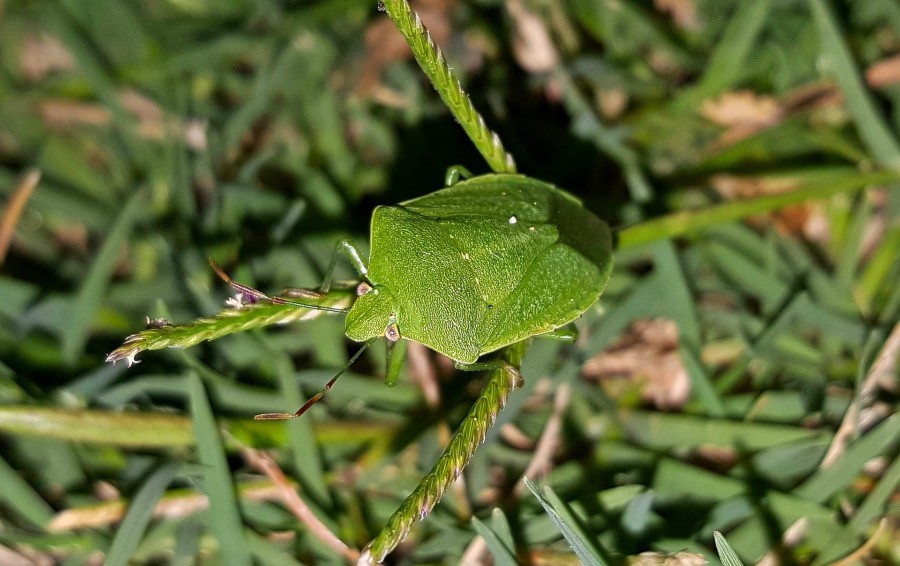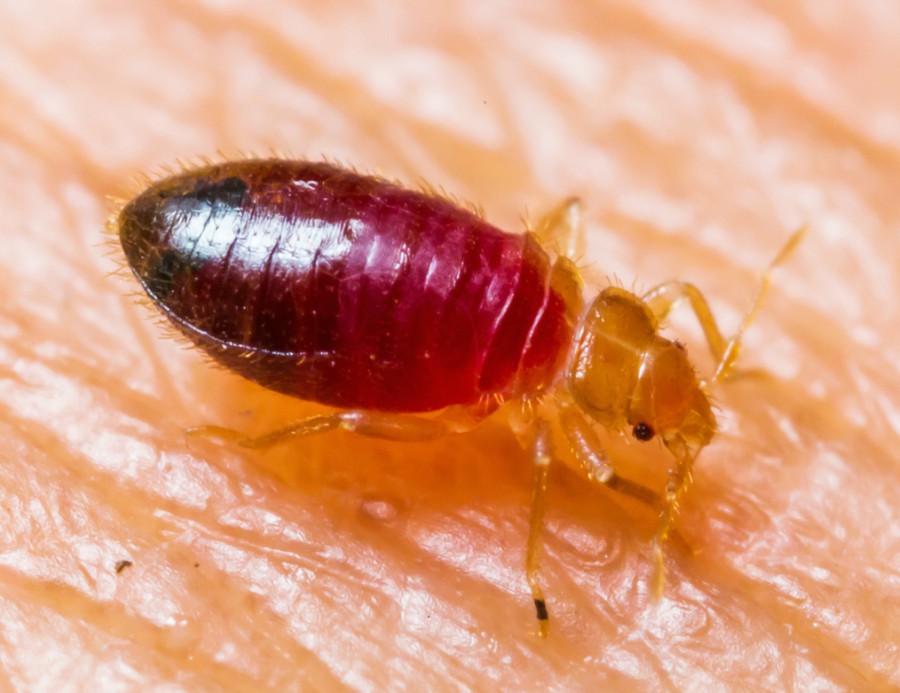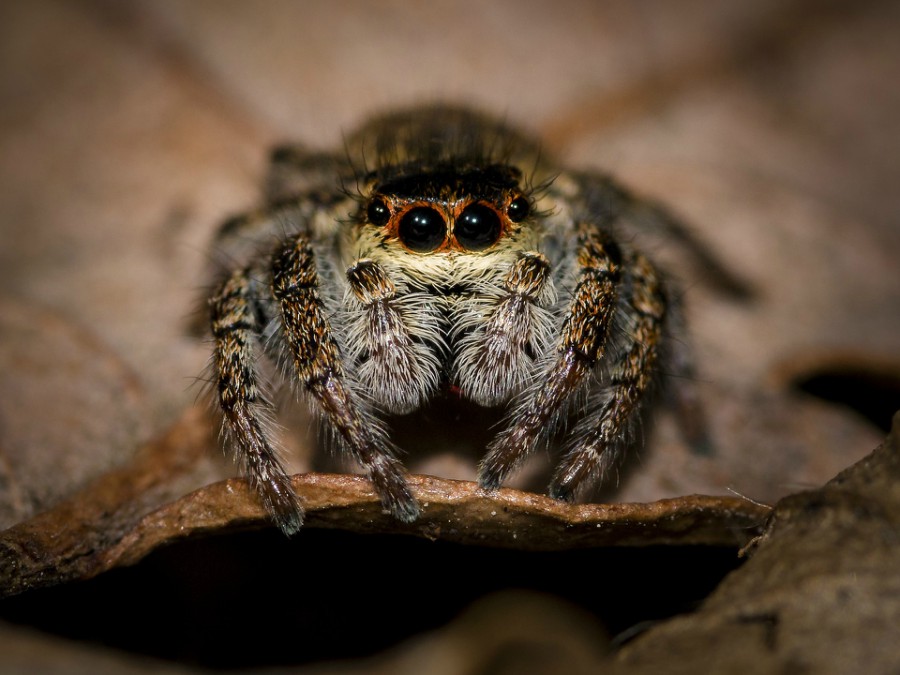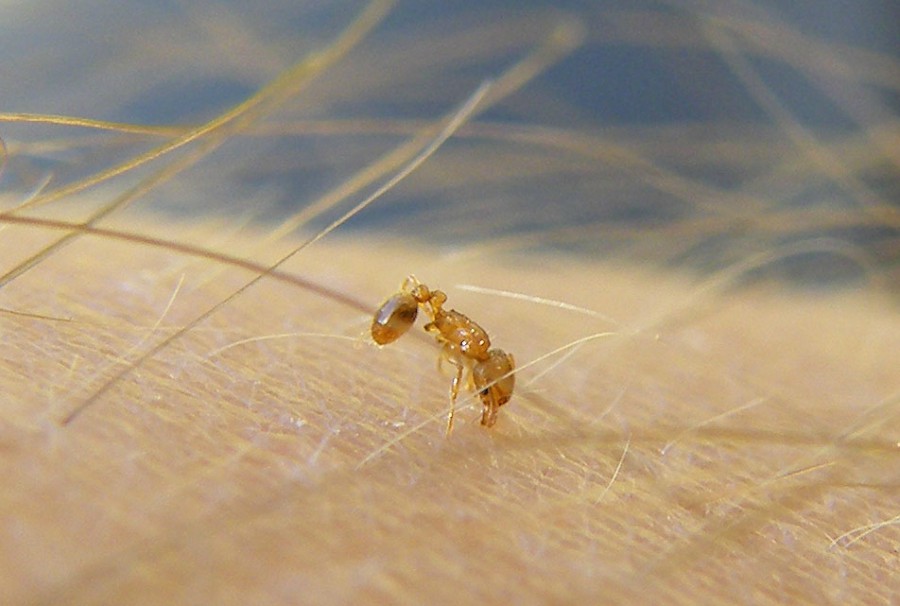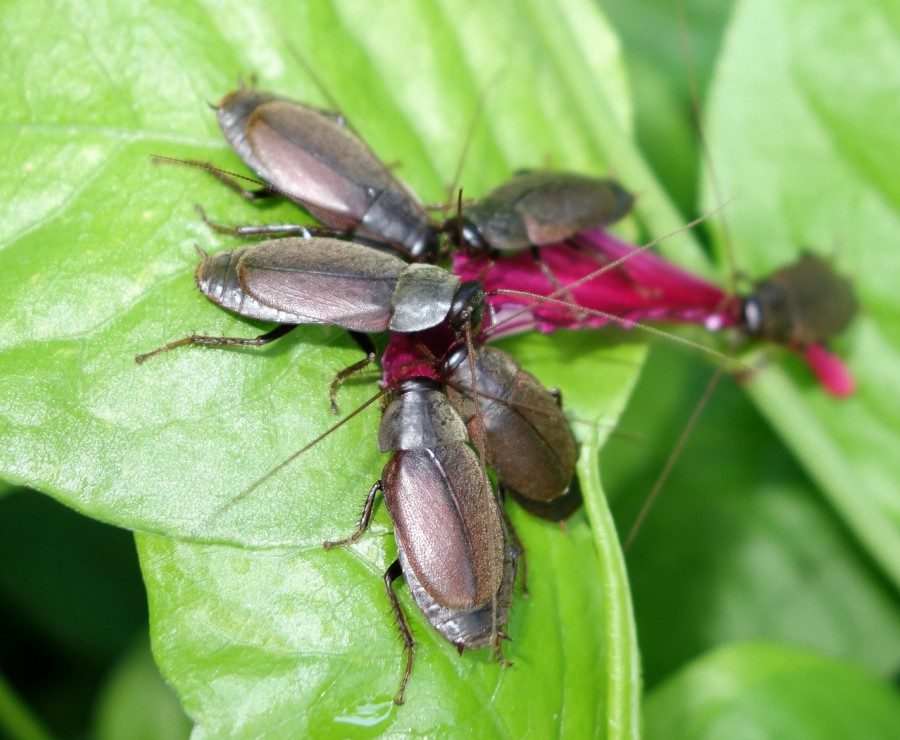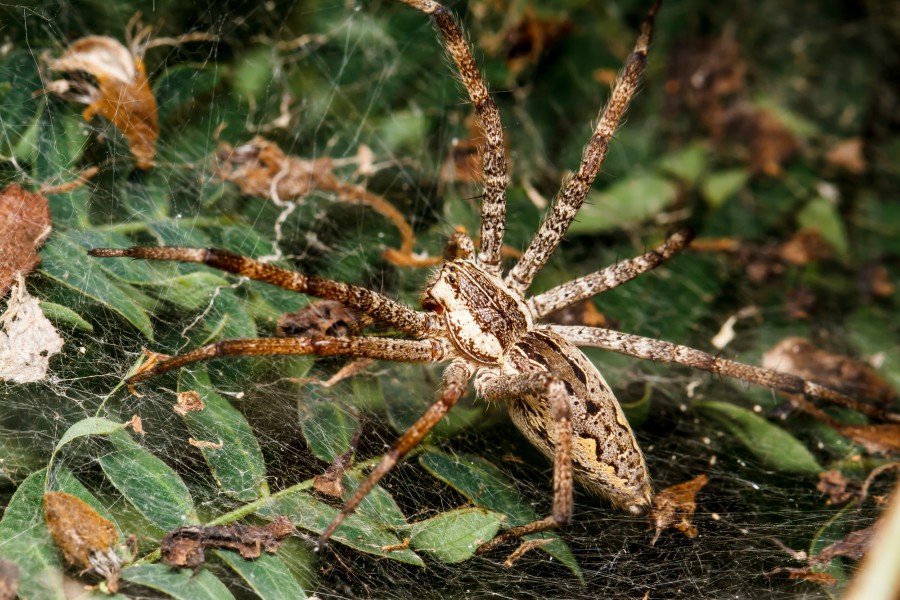Pheromones—a Weapon the Blister Beetle Uses to Trick the Digger Bee
PHEROMONES—A WEAPON THE BLISTER BEETLE USES TO TRICK THE DIGGER BEE Black blister beetle Digger bee The digger bee (a solitary bee in the genus Habropoda) unintentionally acts as a host for the larvae of the parasitic blister beetles (Meloe franciscanus), also known as triungulins. You can find the parasite and host on the western coast…
Read More5 Irritating Household Pests: How Do You Fight Back?
5 IRRITATING HOUSEHOLD PESTS: HOW DO YOU FIGHT BACK? Fleas on cats Head louse and egg #1 Louse Three types of lice feed on human blood, identified depending on where they live. The first type lives in people’s nether regions, the second is the body lice, and the third is the lead louse. The commonest…
Read MoreIs Nicotine Addictive to Insects And Humans?
WHY IS NICOTINE ADDICTIVE TO INSECTS AND HUMANS? Bumble bee Bee, dead Bumblebees become hooked to neonicotinoid when exposed to pesticides containing the chemical. Neonicotinoid is a chemical that is similar to nicotine found in tobacco that makes it extremely difficult for smokers to quit once addicted. In a study conducted by Dr. Andres Arce…
Read MoreThe Kiss of a Kissing Bug is a Kiss of Death
THE KISS OF A KISSING BUG IS A KISS OF DEATH Kissing bug Wheel bugs What is it? A kissing bug bites humans on their faces, hence the name kissing bug. After the bite, it defecates on the open wound. Its excrement contains deadly parasites that enter the injury site when a person unknowingly scratches…
Read MoreStinkbug Pheromones and Dollars—Where is the Connection?
STINKBUG PHEROMONES AND DOLLARS—WHERE IS THE CONNECTION? Stink bug When stick bugs find food or want to mate, they communicate using pheromones. When learned and perfected, farmers could use the chemical language as a weapon against stink bugs instead of pesticides and save millions of dollars. Virginia Tech researchers discovered the chemical language of bugs…
Read MoreBed Bug Infection—5 Reasons for the Increase & How to Cope
BED BUG INFECTION—5 REASONS FOR THE INCREASE & HOW TO COPE Bedbug sucking blood Bedbug Bedbugs are small wingless insects measuring 4-5mm long and 1.3-2mm wide. They suck and feed on human blood, especially at night when people go to bed. When crushed bedbugs release a musky, unpleasant odor that some describe as a coriander-like…
Read MoreHow Do You Keep Dangerous Spiders out of Your Home?
HOW DO YOU KEEP DANGEROUS SPIDERS OUT OF YOUR HOME? Jumping spider Tarantula spider Spiders invite themselves into your home because it is warmer and drier. The risk of creepy crawlies entering your home is higher during the rainy season when outside is wet. However, do not fret there are ways to keep them out.…
Read MoreElectric, Invasive and Little Fire Ants: What Is The Difference?
ELECTRIC, INVASIVE AND LITTLE FIRE ANTS: WHAT IS THE DIFFERENCE? HOW DO YOU STOP THEM? Little fire ant (Wasmannia auropunctata) Invesive ant (Lasius neglectus) Identification Invasive ants, known by the scientific name Lasius neglectus, are called electric ants because they are attracted to power sources and like to invade power cables and junction boxes. The…
Read MoreDid You Know a Cockroach’s Milk is Superfood?
DID YOU KNOW A COCKROACH’S MILK IS SUPERFOOD? PICKS FOR YOU Diploptera punctuate cockroaches A cockroach’s milk offers four times more nutrients than a cow’s milk. The calorie content is three times more than that in buffalo milk, which is itself richer than cow’s milk. It is the most nutritional substance, per weight, ever discovered,…
Read MoreWhy Do Wolf Spiders Prefer Green Leaves?
WHY DO WOLF SPIDERS PREFER GREEN LEAVES? PICKS FOR YOU Wolf Spider Wolf spiders prefer green leaves because they have a dichromatic vision, i.e., the receptors in their eyes can only recognize green and ultraviolet color shades. In contrast, unless someone is color blind, we have trichromatic vision, meaning that we can differentiate blue, red…
Read More